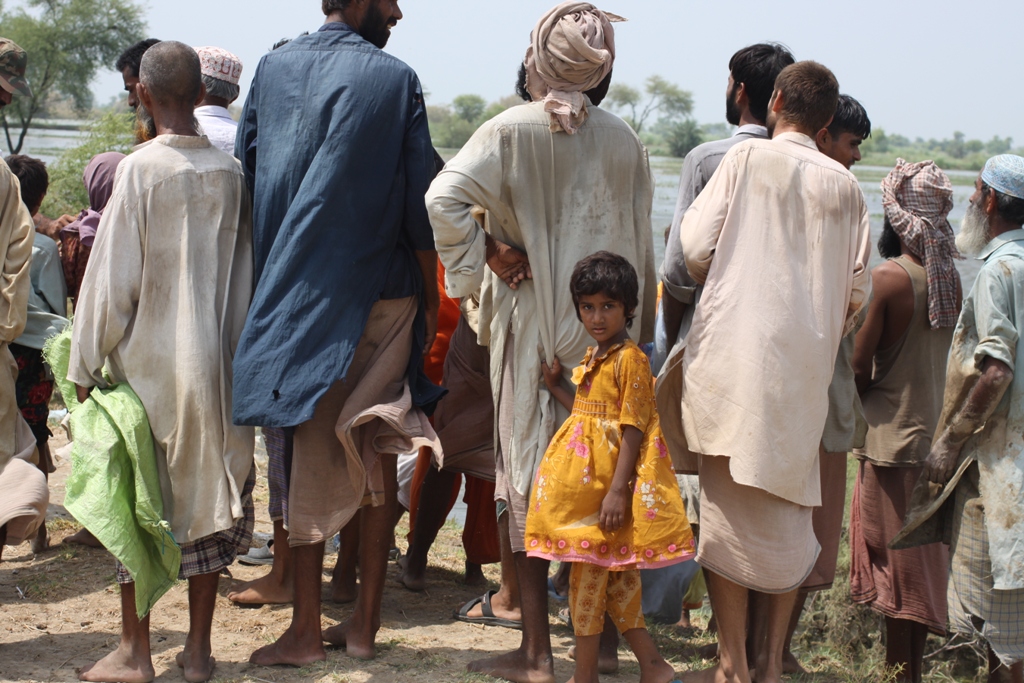Neglected Tropical Diseases in Pakistan

Neglected tropical diseases (NTDs) disproportionately impact vulnerable populations in some regions of Asia, Africa and Latin America. These conditions, such as intestinal worms, schistosomiasis and dengue fever, are preventable and treatable. They are common in areas with poor sanitation and limited or no access to clean water and health care. NTDs in Pakistan keep communities trapped in poverty and illness. Furthermore, NTDs harm physical and cognitive development, reduce school attendance and economic productivity and overwhelm underfunded health systems.
Pakistan faces significant health and economic challenges due to several NTDs that are considered high-burden. However, it has been effective in community engagement, prevention education, as well as diagnosis and treatment to control NTDs in outbreak areas. Assessing the impact of these targeted initiatives can inform comprehensive national strategies to alleviate the burden of NTDs and improve health equity across Pakistan.
Community-Based Efforts Against Intestinal Worm Infections
Intestinal parasitic infections disproportionately impact children in underdeveloped countries. About 12% of illnesses that intestinal parasites cause in children aged 5 to 14 years occur in underdeveloped nations. In 2019, the First Lady of Pakistan, Samina Alvi, launched a school-based deworming program in coordination with the health and education ministries to treat intestinal worm infections in children. A national survey revealed alarming infection rates, with approximately 17 million school-age children across Pakistan requiring deworming, including around 574,000 in Islamabad. The Islamabad Deworming Initiative aims to treat 547,000 children aged 5–14 in Islamabad to overcome intestinal infections. It successfully treated more than 200,000 children in 2019 and planned to reach 574,000 in the next round.
Targeted Snail Control to Combat Schistosomiasis
Schistosomiasis is a chronic parasitic disease causing great morbidity and mortality, with more than 220 million people infected globally as of 2021, predominantly in sub-Saharan Africa. Schistosomiasis is a rare disease in Pakistan, but the risk factors of dams, irrigation, increased travel and proximity to endemic countries could lead to endemicity. At least one snail species that could potentially host the parasite is present locally. Though control efforts focus on eliminating snail populations and contamination sources, a case acquired from travel to an endemic country highlights the need for prompt treatment and health education to prevent the spread in Pakistan. Reducing schistosomiasis risks through these measures is important to alleviate poverty and improve health for vulnerable communities lacking access to clean water and health care.
Fighting Dengue Fever in Pakistan
Dengue is endemic in Pakistan with seasonal peaks, but the country has experienced a significant surge in cases in 2022 following severe flooding. From January to September 2022, more than 25,000 confirmed dengue cases and 62 deaths occurred nationally, with the majority of cases in September. Sindh and Punjab provinces have been the most affected. Pakistan’s health ministry and the Global Fund are conducting vector surveillance, control activities and enhancing clinical management capacity. The World Health Organization (WHO) provides additional coordination, training, diagnostic tests and other support. Priorities like piped water and waste management infrastructure remain vital to control dengue transmission long-term and reduce impacts on vulnerable urban populations. However, the current flood-driven outbreak highlights the need for ongoing readiness to mount coordinated responses that curb massive case surges.
Integrated NTD Programs with Broad Coverage
NTDs disproportionately impact vulnerable populations in developing countries like Pakistan, trapping affected communities in cycles of disease and poverty. NTDs impair childhood development, reduce school attendance, hinder economic productivity and overwhelm under-resourced health systems. Comprehensive multi-disease control initiatives with national reach are necessary to alleviate the overall NTD burden. Sustained political commitment and domestic and global funding focused on evidence-based interventions could help reduce the transmission and prevalence of neglected tropical diseases in Pakistan.
Given appropriate investments and strategies, controlling multiple neglected tropical diseases in Pakistan could improve health security and economic outcomes among its poorest and most marginalized citizens. Fighting NTDs is an important component of equitable development and poverty reduction in affected countries.
– Asia Jamil
Photo: Flickr
